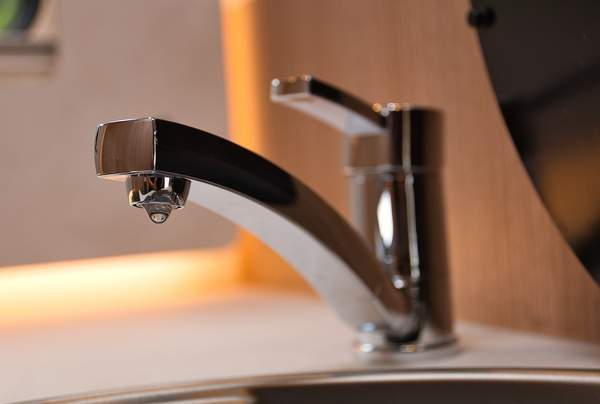Water management is a critical aspect of home maintenance that often goes unnoticed until problems arise. Whether it’s a minor leak or a major plumbing failure, these issues can lead to significant damage and costly repairs. As professionals in the home inspection industry, we understand the intricacies of plumbing systems and the importance of addressing water management proactively to protect your home investment.
Understanding Plumbing Systems
Proper plumbing involves more than just pipes and faucets. It includes the entire network of water supply and drainage systems. Key components to monitor include:
- Water Pressure: Ideal residential water pressure ranges between 40 to 60 psi. Excessively high pressure can damage pipes and fixtures.
- Pipe Materials: Common materials include copper, PVC, and PEX. Each has unique advantages, such as corrosion resistance or flexibility.
- Drainage and Venting: Proper venting prevents sewer gases from entering the home and ensures efficient drainage.
Preventive Measures
Regular maintenance can prevent costly plumbing repairs. Here are some practical tips:
- Inspect pipes annually for signs of corrosion, leaks, or damage.
- Install water softeners if you have hard water to reduce pipe scaling.
- Regularly clean out drains and traps to prevent clogs.
- Check for signs of water damage, such as stains or mold, around appliances and fixtures.
Compliance with Industry Standards
Homeowners should be aware of relevant plumbing codes and standards, which vary by region. These regulations ensure safety and efficiency. Professional home inspectors are well-versed in these codes and can provide valuable insights and recommendations.
Effective water management is crucial for maintaining the integrity of your home. Regular inspections can identify potential issues before they escalate. Consider scheduling a professional home inspection to safeguard your property and gain peace of mind.


Recent Comments